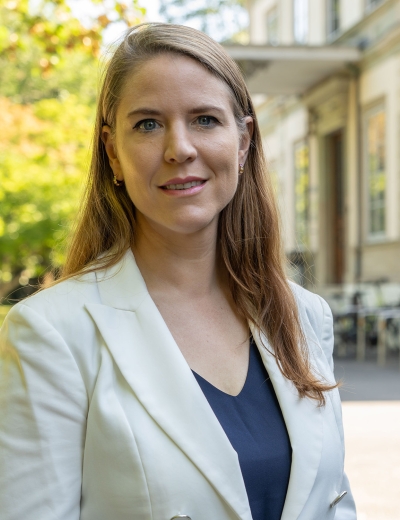The Law of Non-International Armed Conflicts


ICRC
Descriptive
While international humanitarian law (IHL) was initially drafted and is still most detailed for international armed conflicts (IACs), most armed conflicts are today of a non-international character (NIACs).
This short course discusses the protection offered by IHL in NIACs and examines why and to what extent IHL of IACs and IHL of NIACs are different or similar, as well as where the rules applicable to NIACs can be found. It also addresses some problems and controversies specific to IHL of NIACs, including the difficulty to ensure the respect of IHL by armed non-state actors.
Online
This is an online short course.
Schedule
Classes will take place online during lunchtime on:
- Thursday, 8 February 2024, 12:00–14:00 (CET)
- Friday, 9 February 2024, 12:00–14:00 (CET)
- Thursday, 15 February 2024, 12:00–14:00 (CET)
- Friday, 16 February 2024, 12:00–14:00 (CET)
- Tuesday, 27 February 2024, 12:00–14:00 (CET)
- Tuesday, 5 March 2024, 12:00–14:00 (CET)
Audience
This short course forms part of the Geneva Academy Executive Master in International Law in Armed Conflict. It is open to professionals – diplomats, lawyers, legal advisers, judges, NGO staff, human rights advocates, media specialists, professionals working in emergency situations, UN staff and staff from other international organizations – who are not enrolled in the Executive Master and who want to deepen their expertise in this specific issue.
Fee
The fee for this short course is 1,250 Swiss Francs. In case of cancellation by the participants, CHF 200 won't be returned.
Certificate
Participants obtain a certificate at the end of the course (no ECTS credits are gained).
How to Apply
Applications must be submitted via this online form.
If you encounter problems with your application, do not hesitate to contact us.
Your application will have to include:
- A short motivation letter (no more than one page)
- Your curriculum vitae
- Proof of your competence in English (a certificate or statement highlighting your solid background in English)
- Once admitted to the course, participants receive instructions on how to pay. Proof of payment is required before you begin the course.




